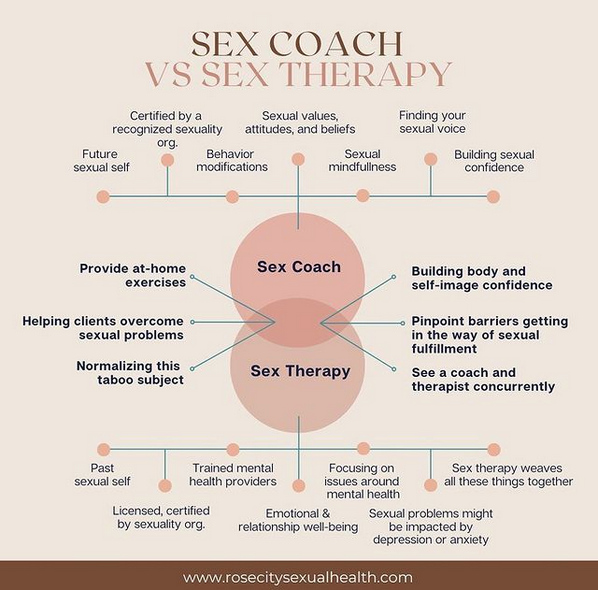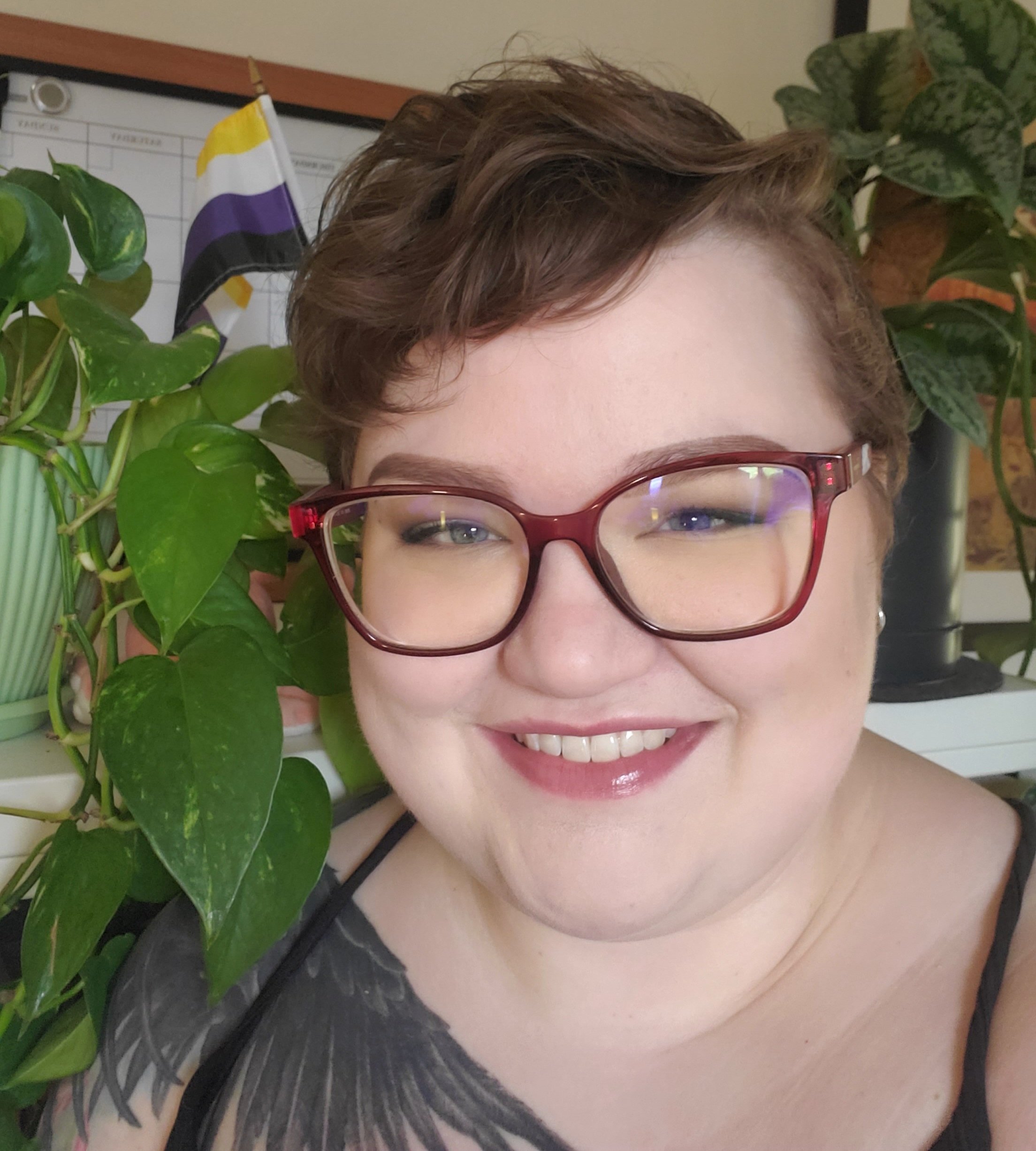What Is Sex Coaching?
Empowered Fulfillment has added a new service: sex coaching.
I’m Rey, Sexual Health Alliance-certified Sex Coach & Consultant and Sex Educator as well as Empowered Fulfillment’s administrative coordinator. Today, I’ll share with you what sex coaching is, what makes it different from other sexuality professions, and how powerful the work we do can be.
Defining Sex Coaching
Sex coaches have different approaches to helping clients, just like therapists, counselors, social workers, and other helping professionals do. Everyone comes into this field with their own life experiences and education that help build a personal definition of sex coaching for ourselves first, providing a strong foundation to both ground us and work from. The organization through which I was certified — the Sexual Health Alliance, or SHA — uses a definition of professional sexuality coaching that upholds profound listening, critical thinking, open and honest communication, possibility, and experimentation as critical aspects of the field. Coaching makes space for people to think aloud and change how they relate to something that may be causing them difficulties, emphasizing how to approach clients with curiosity, confidentiality, and support. SHA’s definition also delineated the importance of developing bespoke solutions to the concerns that clients present. You are the expert in your own life and your own experiences: my job as a sex coach is to ask questions, hear the limitations you place on yourself, and develop a structure for making positive changes happen. While the industry is considered unregulated in that someone doesn’t technically need a certification to call themself a sex coach, there are several organizations that do offer training.
The Sexual Health Alliance offers AASECT-approved curricula in all of its programs: in addition to its Sex Coach & Consultant and Sex Educator certifications, both of which I went through, SHA has Sex Therapist and Sex Counselor options for people who already have training in the mental health field, as well as special areas of focus in Out-of-Control Sexual Behavior, Kink & BDSM, and Consensual Non-monogamy. Information on the latter three is included in the groundwork training as well, alongside the ethics of sexuality professionals, developmental sexuality, intersectional approaches to sex, enhancing intimacy and pleasure, alternative sexualities, anatomy and physiology, power dynamics, the range of sexual behaviors and expressions, positive porn use, and much more.
The two other top-of-the-line sex coach training organizations are the Somatica Institute and Sex Coach U. The Somatica Institute focuses on teaching its own method of relationship and sexuality interventions to coaches, based in trauma-informed care and experiential practices. Upon graduation from the Somatica program, coaches are also considered certified sexologists, as their training is approved by the American Board of Sexology. Sex Coach U was founded in 2010 by Dr. Patti Britton, a clinical sexologist who pioneered the field of sex coaching in the 1990s. She remained with the institution until her retirement in 2022. Like SHA, the SCU curriculum is AASECT-approved and integrates sexological information with coaching practices.
AASECT, for the record, is the American Association for Sexuality Educators, Counselors, and Therapists. All of the practitioners here at Empowered Fulfillment are supervised by an AASECT-certified sex therapist. It’s the gold standard for professionalism in all sorts of sexuality-adjacent careers, including medical providers, lawyers, and sociologists, among others, in addition to the professions represented in the acronym.
Sex Coaching & Sex Therapy
The two disciplines of sex coaching and sex therapy overlap like a Venn diagram: there are significant similarities, but both individual circles have their roles to play.
Sex therapy is, as we’ve written about before, talk therapy focused on sexual concerns. Topics from traditional mental health therapy like anxiety, depression, relationship dynamics, and family history may all come up during sex therapy sessions and are as welcome in the room as everything else you bring.
Photo credit: Kristine D’angelo, Sex coach
Sex coaching is not a branch of the mental health field, and as such doesn’t address these topics to the depth that a therapist would. They are all still welcome in the coaching space, and can have large impacts on sexual wellness, but generally speaking, coaches will focus more on clients’ specific goals, how-tos, testing definitions and comfort zones, and suggesting alternate paths through challenges both individually and within relationships. Because therapists, counselors, and social workers have specialized training and advanced degrees, they are more suited to addressing certain concerns than coaches are. Familial or relationship trauma, sexual abuse or assault, and out-of-control sexual behavior (referred to by the stigmatizing and incorrect term “sex addiction” in some circles), and mental health challenges are all more safely addressed by licensed professionals. As a coach, it’s my responsibility and duty to see that you’re being met where you are by the people most able to help you, whether that’s me, one of my colleagues, or another professional outside of the practice.
For example, let’s say a client is seeking help for premature ejaculation. They have no previous history of trauma or abuse, and their relationship with their partner is otherwise solid. But their PE is greatly impacting their self esteem, body image, and interest in both solo and partnered sex. Both a coach and a therapist might discuss the societal pressures of “performance” that people with penises face and the shame that results from not being able to meet those expectations. From there, though, therapy and coaching would likely diverge in approach. Therapists, counselors, and social workers are mental health professionals first, and therefore draw upon mental health techniques and practices to help their clients: building up tolerance for distress, addressing anxiety responses, and processing the grief that both partners likely feel would be important in this particular situation. Coaches come from many walks of life and many do not have a mental health background, so in addition to providing information about societal impacts on people’s personal lives, we focus on actions and concrete steps the person with PE can do to help. For this hypothetical client, I would recommend practicing sensate focus to redirect attention to other pleasurable sensations in the body and build nonsexual intimacy with their partner and consider some alternative sexual practices that focus less on having and maintaining an erection.
It’s also important to note that sex coaching — and sex therapy, for that matter — does not include physical touch, body work, erotic exchanges, or any nonconsensual behavior. This is not meant to further stigmatize sex workers, whose professions are as real as ours, but rather to draw a clear distinction between the two. Sex coaching is a unique profession, pulling from sexology, psychology, sex education, life coaching, and many other fields. We work with you as clients to develop both short- and long-term goals, rooted in personally-relevant information and permission to be who you are and who you want to be, as well as the freedom to leave behind pieces of yourself that no longer serve you.
If any of this resonates with you, schedule a free 20-minute phone consultation and see what you can accomplish.
Meet the Author
This blog post was written by Rey North, Certified Sex Coach and Consultant & Certified Sex Educator.


